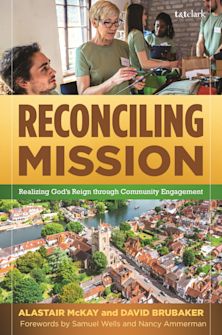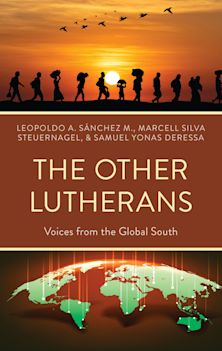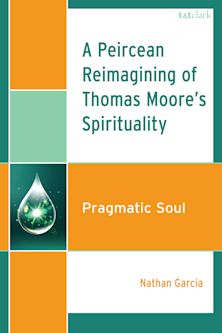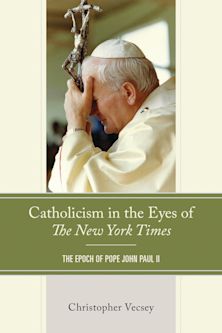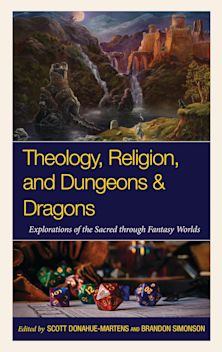In Kierkegaard's Garden with the Poppy Blooms
Why Derrida Doesn't Read Kierkegaard When He Reads Kierkegaard
In Kierkegaard's Garden with the Poppy Blooms
Why Derrida Doesn't Read Kierkegaard When He Reads Kierkegaard
This product is usually dispatched within 2-4 weeks
- Delivery and returns info
-
Flat rate of $10.00 for shipping anywhere in Australia
Description
Chris Boesel invites readers into a Kierkegaardian style literary conceit, creating two pseudonymous voices—one philosophical and deconstructive, one theological and confessional—in order to stage an encounter between two commentaries on Kierkegaard's Fear and Trembling. On one level, the contest between the two commentaries demonstrates the extent to which an encounter between deconstruction and Kierkegaard has not taken place in the one place everyone thinks it has, in Derrida’s reading of Fear and Trembling in The Gift of Death. On a deeper level, Boesel argues that Derrida’s misreading of Fear and Trembling is both source and symptom of a wider problem: an apophatic blind spot in deconstructive engagements with Christian theology in philosophy of religion and postmodern theology. This blind spot erases the theological and ethical possibilities of what Boesel calls a Kierkegaardian confessional faith, possibilities rooted in a “deconstructive deconstructibility” that produces its own deconstructive-like effects. As a corrective to this blind spot, the encounter between deconstruction and Kierkegaard staged here shows how these effects do the very things heralded by self-proclaimed apophatic remedies of “confessional faith”: disrupt human mastery over God and neighbor while calling for concrete commitments to justice for the widow, orphan and stranger.
Table of Contents
1.Derrida, Kierkegaard and What Remains To Be Said
2.Deconstruction, Kierkegaardian Faith and Competing Commentaries on Fear and Trembling
3. A “Sustained Consideration of Religion”? The Professor's Introduction to The Gift of Death
Part Two: Derrida Reads Patocka on Responsibility: The Impossibility of Responsibility
4.Responsibility and the Deconstructive Figure of the Secret
5.The Secret, the Figure of Death and the Impossibility of Responsibility
Part Three: Derrida Reads (and Does Not Read) Kierkegaard on Faith:
Abraham as Figure of the Impossibility of Responsibility
6.God is Silent /God Speaks!
7.Abraham's Blind Unknowing/Divine Promise and Abraham's Informed Expectation
8.Abraham Gives Up Isaac without Hope/Abraham Holds to Isaac in the Assurance of Faith: The Double Movement
9.A Constructive Theological Interlude: The Incognito of Faith, Baptism and the Substitutable Marks of the Christian Life
10.Abraham Has Nothing to Say/What Abraham Has to
Product details
| Published | 27 Jul 2021 |
|---|---|
| Format | Hardback |
| Edition | 1st |
| Extent | 330 |
| ISBN | 9781978706514 |
| Imprint | Fortress Academic |
| Dimensions | 236 x 163 mm |
| Publisher | Bloomsbury Publishing |
Reviews

ONLINE RESOURCES
Bloomsbury Collections
This book is available on Bloomsbury Collections where your library has access.













